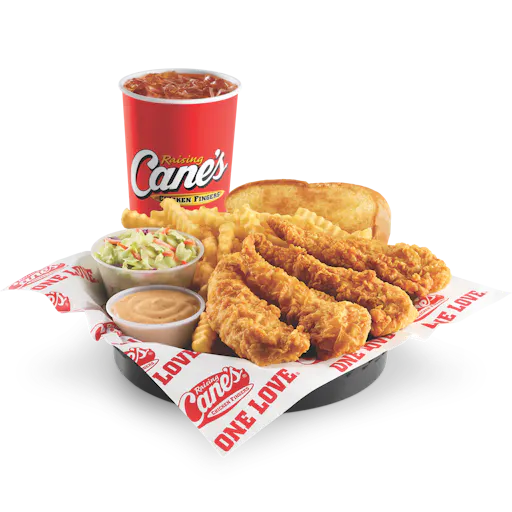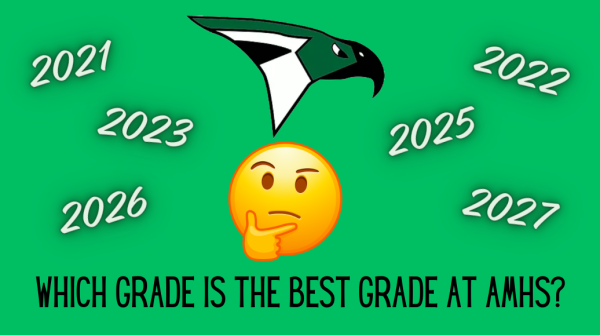How to Choose the Right AP Classes
Advice from a fourth year vet.
Magnet’s notorious curriculum can be intimidating for any student, from first day freshmen to fourth quarter seniors. Here’s how to survive.
Have Realistic Expectations
As with anything in life, expectations play a large role in your perception of pretty much everything you come in contact with. In this case, workload. Before registering for classes, take your other commitments into account. Are you a soccer player? Server’s Assistant? Elementary school tutor? All of these activities take time away from your focus on a class. While five AP classes might look great on a resume, it comes at what cost? If you bite off more than you can chew (visions of sophomore year for me), you will be forced to compromise things you actually love doing. No one wants to sacrifice a passion for schoolwork.
Second, it’s easy to convince yourself that you can work harder than your limit. As students, we feel pressure from others to perform at a high level. The goal is to be accepted to a competitive college in most cases. My advice here would be to take a step back and assess your priorities. Every person is different. Your parents might think that AP Physics C is right for you, but you really want to be an artist. Don’t break your back over something that won’t help you in the long run or something that you won’t enjoy taking. Instead, fill that time with something extracurricular that will advance you in other ways. Colleges will see that you take initiative to pursue goals, and they will respond favorably.
Talk to Upperclassmen
No one knows the Magnet curriculum better than the students who have lived it for four years. By senior year, grade twelve students have taken 28 different classes at magnet (excludes the four Focus blocks), give or take a few for students who took AP Bio or dropped/ added a Focus. Anyway, the chances are high that you will be curious about at least one of those twenty eight classes.
Seniors (and Juniors) are able to provide insight that your teachers will never be candid enough to mention. You’ll be able to find out about work load, busy work, ease of the class, what the teacher is like, assessment schedule (near daily quizzes for AP Econ and McCormick Environmental), and funny stories if you just ask. It can be as easy as grabbing a senior and saying “hey, can I ask you about a class I want to take?”
Think about the End Goal
I alluded to this under the “Expectations” section, but there is no single path to success or college readiness. Admittedly, colleges love to see a hunky course load on your transcript, but I can imagine that a student with 7 APs who started his own business is seen more favorably than a student with 11 APs who can’t find time for passion project in the eyes of an admissions counselor. That’s not to say that everyone needs to start their own business. So often do we see stories on the news of kids founding miracle charities and solving world issues that we feel unworthy. This is simply not the case. It is better to accomplish a reasonable goal than to crash and burn on an idea that is out of scope.
Next, I want to mention that not all APs are equal. Some classes require lots of work but do not correlate real world efficacy. Going back to my previous example, a student who wants to become an artist or perhaps a lawyer might not want to take BC Calculus. For that student, it just does not make sense in the long run. Here are some classes that I have found to provide direct, immediate relevancy to the world around us: AP Psychology, Marine Biology, AP Music Theory, the computer sciences, and AP Government.
Know Yourself
This one is pretty self explanatory. You need to be realistic about how hard you know you can work and how hard you want to work. I will use myself as an example here. I know that I’m the type of person to go to bed early every night. I have often attributed success to restfulness. Going into senior year, I decided to take honors gov instead of its AP alternative and newspaper in lieu of a class with a hefty homework load. This has allowed me to dedicate more time to my academically demanding courses instead of spreading myself thin across the board.
A Quick Post-Script
My Opinion: I want to end this article with an ode to the required AP classes: Seminar and Research. These classes are great classes for students who choose to get a GPA boost, but they do not accomplish the goal of preparing students for University-Level research.. In fact, the classes are near useless as graduation requisites and serve as a placeholder and shell of a program that once provided substantial use for students. It is a shame that the hard work committed by eighty percent of the Capstone teachers falls short to a College Board program that so blatantly misses the mark. I feel sorry for the future students of Magnet who will be required to take the course.











![Presidential Rizz [RANKED]](https://amhsnewspaper.com/wp-content/uploads/2024/03/jfk-600x338.jpg)
